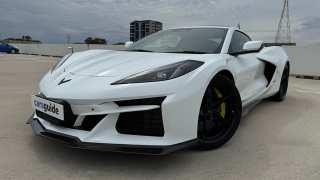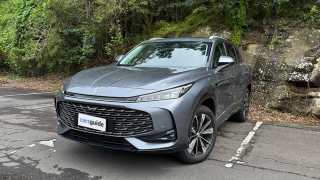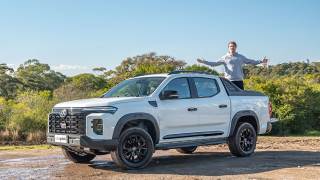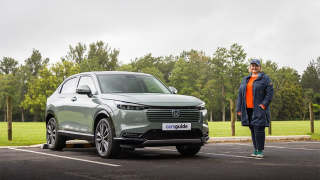Californian regulators have reportedly ordered Uber to cancel its San Francisco autonomous vehicle trial on only the first day of testing after the fleet of Volvo XC90 SUVs ignored red lights.
British publication The Guardian is reporting that not only were the self-driving Volvos running red lights on a number of occasions, but the start up ride-sharing company had also failed to acquire the correct permits to go ahead with the Bay Area public road demonstration.
Uber has responded to the reports saying that human error was to blame for the red light violation and that its roof-mounted equipment, Volvo fleet and integrated software was working correctly.
While the cars were supposed to spend most of the testing driving themselves, an Uber technician is required to be on board at all times, and according to the company, the staff members responsible for allowing the cars to run red lights have been suspended.
Volvo's involvement in the arrangement was limited to supplying the vehicles to Uber. The Swedish car-maker has already provided vehicles for a previous trial in Pittsburgh, Pennsylvania, which was deemed successful.
Before the Californian department of motor vehicles intervened in the trial, Volvo Cars product planning vice-president Marten Levenstam said the company was proud to be involved in one of the leading autonomous car projects.
"The promise of self-driving ride sharing is becoming a reality," he said. "Volvo is proud to be at the forefront of the latest developments in the automotive world alongside our partners at Uber."
Neither partner had released an official statement regarding the latest developments at the time of publishing.
Volvo and Uber signed an agreement to produce the jointly-owned autonomous tech vehicle as part of a three-part plan.
While the XC90s used in the initial trial are standard production cars with the Uber equipment retrofitted to them, the collaboration will eventually produce a vehicle purpose-built for the development of self-driving technologies.
The new vehicle will roll on Volvo's Scalable Product Architecture (SPA) which not only underpins the new 90 series vehicles but also will form the basis of the next-gen 60 series cars - S60, V60 and XC60.
In August this year, Volvo and Uber signed an agreement to produce the jointly-owned autonomous tech vehicle as part of a three-part plan.
In January next year, 100 self-driving vehicles will hit Gothenburg's roads for the Drive Me autonomous driving project in which members of the public will help develop Volvo's systems, forming the first part of the plan.
The second part of the venture involves the creation of an independent company in partnership with safety technology authority Autoliv, which will develop autonomous and driver assistance systems alongside Volvo for sale to third-party car-makers.
The newly-formed organisation will be based in Gothenburg with an initial team of 200 employees kicking off proceedings in early 2017, but that number is expected to grow to 600 in the mid-term.
If Volvo and Uber can negotiate the recent roadblocks in San Francisco, the self-driving collaboration will form the third part of the plan.
A total of $US300 million ($A405) has been committed to the third stage by Volvo and Uber.
Would you get in a self-driving Uber? Tell us what you think in the comments below.

















Comments